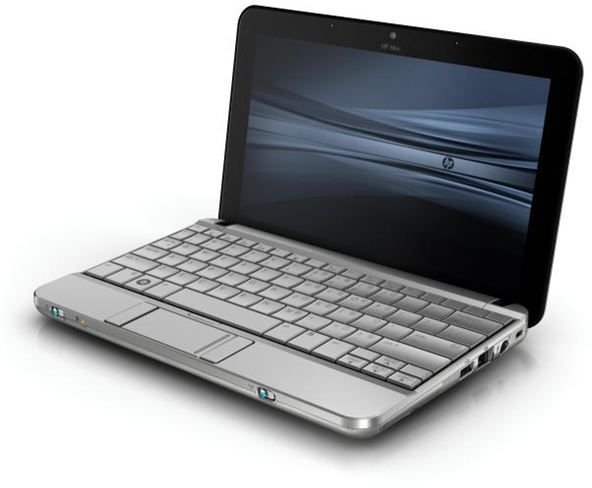Definition of a Netbook According to Microsoft - Windows 7 Netbooks
What is a Netbook?
If you’re still trying to figure out just exactly what a netbook is, you’re not alone. In a sense, these devices are some sort of cross between a smartphone and a laptop computer. Netbooks tend to be smaller in size and have less processing power than standard laptops, but they make up for these shortcomings by being extremely lightweight and portable, having excellent wireless communication capabilities, and sporting smaller price tags – usually.
Where does the confusion in definition come in? Like with all other portable devices, manufacturers have begun to introduce “netbooks” that are larger in size, have greater processing power, and come equipped with larger amounts of RAM. Of course, these additions also cause the price to go up as well. So, the question becomes: At what point is a “netbook” so large and powerful that it’s no longer a netbook, but just a regular old laptop?
Windows 7 Netbooks
Although you’ll be able to run any version of Windows 7 on a netbook, assuming you’ve got the specs, Windows 7 Starter was designed with netbooks in mind. (Note that Microsoft refers to netbooks as small notebooks in most of their literature.) Windows 7 Starter will only be offered to OEM partners to install on devices prior to customer purchase. The idea here is that this version of Windows 7 is more limited in nature, but it is still capable of handling the types of tasks that one normally performs on a netbook. Also, it’s assumed that Starter will be a lot cheaper than other versions and manufacturers can pass that saving along to consumers, keeping the overall price of the netbook as low as possible.
Sound good so far?
Here’s the catch. Microsoft doesn’t want manufacturers to offer Windows 7 Starter with just any computer. So, they’ve restricted Windows 7 Starter to machines that fit a set of maximum hardware specifications. The same types of restrictions were in place for low-end versions of XP and Vista, but there’s been a few changes made to the Windows 7 specs.
Although Microsoft has made no confirmation or denial of what these specifications will be, Tech ARP has published what it claims are the maximum hardware specifications for Windows 7 Starter. Here’s a summary of the information provided by Tech ARP.
-
ScreenSize: 10.2" or smaller
-
Memory: 1 GB RAM maximum
-
Storage: No more than 250 GB HDD or 64 GB SDD
-
Graphics: No limitation
-
Touch: No limitation
-
CPU: Single core processors that do not exceed 2GHz and have a CPU thermal design power less than or equal to 15 W, not including the graphics and chipset.
Almost all of these restrictions are looser than the ones imposed on the XP and Vista low-end versions with the exception of memory, which remained the same, and screen size. For XP and Vista, the maximum screen size was set at 12.1" and this new limitation of 10.2" for Windows 7 Starter has caused a few heads to turn.
Granted, a 12.1" screen is really starting to push the boundaries that exist between netbooks and standard laptops, but there are a number of manufacturers that have, or plan to introduce, a “premium” netbook with this larger display size. Assuming that these restrictions are accurate and that Microsoft doesn’t make any additional changes to the list, these “high-end netbooks” (isn’t that a bit of an oxymoron?) will have to be loaded with one of the standard versions of Windows unless a Linux alternative is chosen. So, not only will these machines cost more because of the better hardware, but their bottom line will also have to take the higher-priced operating system into account.
That difference in cost may just be enough to discourage manufacturers from pushing these larger netbooks – well, those loaded with Windows 7, at least – since the lower price is a driving factor in the netbook market. After all, why pay the higher price for a netbook if you get a full laptop with more powerful specs for about the same price?
